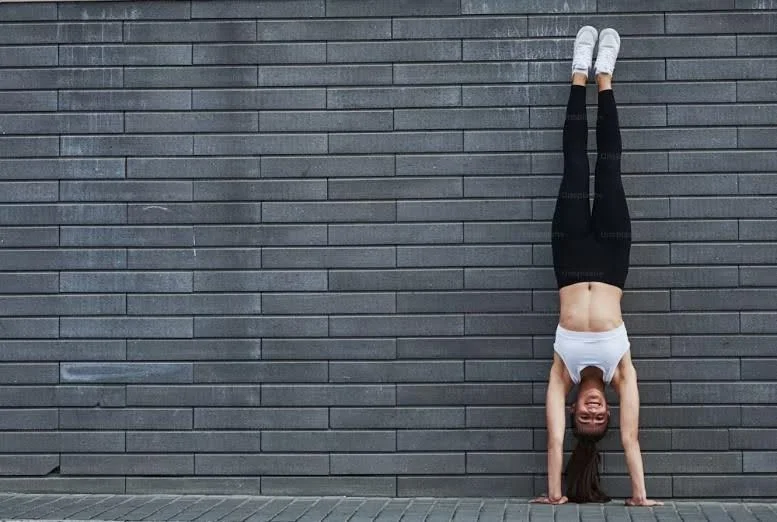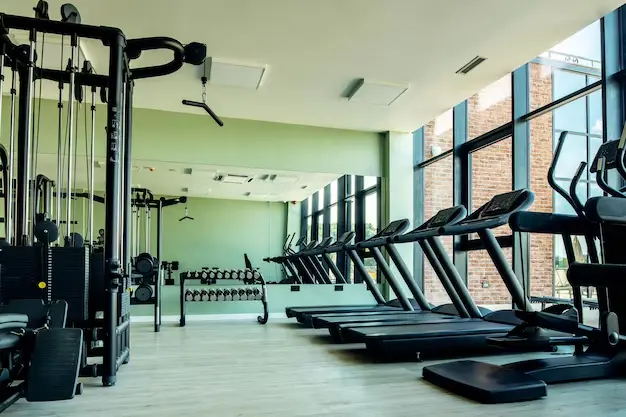It’s crucial to schedule recuperation days in between workouts when you’re just beginning a fitness regimen so that your body has time to adjust and heal. Days off from exercise are equally as crucial since they provide your muscles an opportunity to rebuild and get stronger. Your level of fitness, the kind of exercise you undertake, and your general health will all influence how many recovery days you require. You should generally try to have a minimum of one recuperation day per week where you don’t engage in any strenuous exercise. Since every person’s body is unique, it’s crucial to pay attention to yours and modify your recuperation days as necessary.
Health benefits of Rest Days and Proper Sleep
By allowing your body to rest and mend during the rest day, you’ll be able to work out more efficiently and lower your chance of injury. Getting enough sleep is also essential for maintaining fitness and good health. Without proper sleep, it may be challenging to reach our fitness objectives because sleep is when our bodies replenish and heal themselves. Here are a few of the main advantages of rest days and proper sleep for your health.
- Reduces the likelihood of Injuries: Exercise puts stress on your muscles, joints, and bones, which lowers your risk of injury. Having rest days gives your body time to repair itself and lowers your risk of becoming hurt. Fatigue, burnout, and even injury can result from overtraining or from not giving your body enough time to recover.
- Better sleep: By lowering stress levels and allowing the body to fully recuperate, rest days can assist enhance sleep quality. Sleep is crucial for healthy healing and enhancing sports performance.
- Improved muscle recovery: Growth hormone, which is necessary for both muscle growth and repair, is produced by the body while you sleep. Our bodies create less growth hormone when we aren’t getting enough sleep, which might result in slower muscle repair and poorer workout gains.
- Helps you gain muscle: When you exercise, your muscles experience minor rips. Days off provide your muscles the chance to recover and get stronger. Your muscles won’t have the opportunity to recuperate and expand if you don’t get enough sleep, so you could not experience any increases.
- Improves Performance: Performance is improved because rest days give your body time to heal and feel less worn out. Sleep deprivation can result in weariness, which lowers energy and stamina. As a result, it could be challenging to exercise effectively and to reach your fitness goals. This implies that you’ll be able to perform better when you train with enough sleep and rest. You may work out longer and harder, which will help you achieve your fitness goals more quickly if you give your body time to recover.
- Boosts Immune System: Immune system is temporarily suppressed by exercise, which increases your susceptibility to illness. Immune system health requires adequate sleep. Insufficient sleep can erode the immune system, making it more challenging for the body to fend off infections and disease. Your immune system benefits from rest days because they give it time to recuperate and rebuild. This can help keep you healthy and powerful while lowering your risk of getting sick.
- Reduces stress: Exercise can be an excellent method to relieve stress, but without enough rest, it might actually increase tension. You can unwind, lower your stress level, and recuperate during rest days. When you return to exercise, you may feel more energised and concentrated as a result.
- Improved cognitive function: Sleep is crucial for a healthy brain operation, and sleep deprivation can impair cognition, making it more difficult to remain focused and motivated throughout the exercise. A good night’s sleep can help with concentration and mental clarity, which can increase performance while exercising.
- Better hormone balance: Sleep is crucial for controlling the body’s hormone production. The delicate hormonal balance can be upset by lack of sleep, which raises cortisol levels (a stress hormone) and lowers testosterone levels (a hormone crucial for muscle building). This may result in diminished performance and sluggish workout improvement.
- Better body composition: It has been demonstrated that getting adequate sleep helps people keep a healthy body weight and lower their chance of becoming obese. Hormonal abnormalities that impact appetite and metabolism might result from sleep deprivation.
- Reduced inflammation: Sleep’s anti-inflammatory effects can help lower the risk of injury and accelerate the healing of inflammation brought on by exercise.
- Better heart health: Sleep is essential for keeping the heart healthy and lowering the risk of cardiovascular disease. Lack of sleep has been associated with an increased risk of heart attack, stroke, and high blood pressure.
- Recovery of the mind: Rest days help you to psychologically refresh in addition to physically. Intense exercise can be mentally taxing, and taking a break can ease mental exhaustion, elevate mood, and increase motivation.
- Increased flexibility: Rest days offer the chance to concentrate on flexibility training, which can increase mobility and lower injury risk.
Conclusion
In conclusion, rest days and getting enough sleep are a crucial component of any exercise regimen. They provide your body the chance to rest and heal, which lowers your risk of injury, increases performance, strengthens your immune system, and lessens stress. Achieving physical objectives and maintaining excellent general health might be challenging without getting adequate sleep. You’ll be able to work out harder and accomplish your fitness objectives more quickly by having regular rest days and adequate sleep.

































